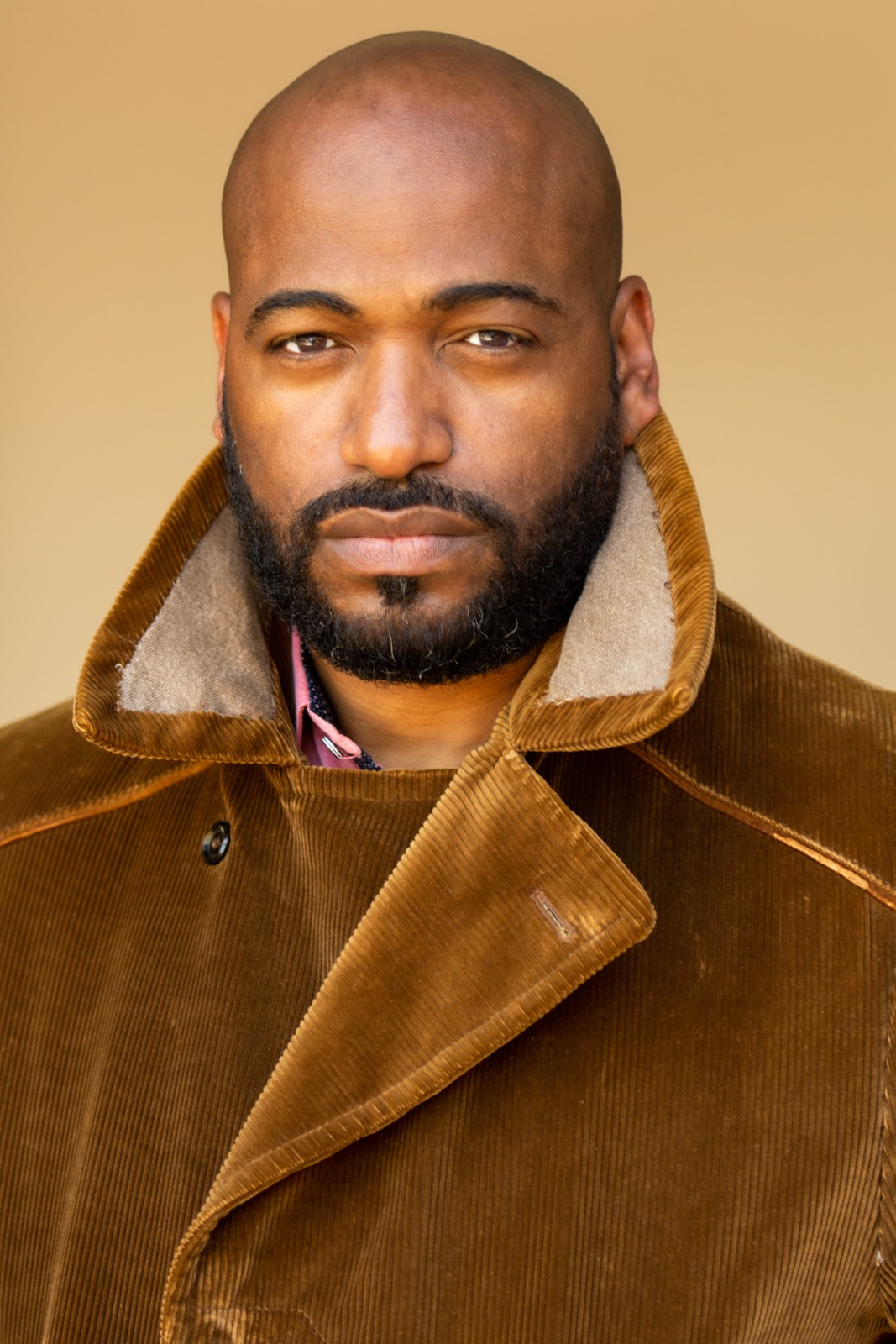We’re excited to introduce you to the always interesting and insightful Chancelier Skidmore. We hope you’ll enjoy our conversation with Chancelier below.
Chancelier, thanks for taking the time to share your stories with us today What’s been the most meaningful project you’ve worked on?
My current project, The Black Carbon Collection, was born out of a series of commissioned poems. The Center for Planning Excellence hired me to create a poems for various events. Their work focuses on creating more resilient and livable communities, with the quality of our shared spaces and access to those spaces being central to much of their work.
In order to create work for these gigs, I had to do a certain amount of research. And that opened my eyes to another layer of the subject matter which is called environmental justice. So, the new collection of poems deals with environmentalism as it pertains to African-Americans, other communities of color, and folks who are generally less affluent throughout South Louisiana and beyond.
I always knew it was important to recycle and try no to create high levels of pollution. But seeing the myriad of ways in which racism and classism visit the greatest harm upon those most vulnerable (and those responsible for the least damage to the environment) made the situation more urgent for me. And it compelled me to address it. Hopefully, this collection will increase awareness around environmental justice and help folks educate, inspire, organize, and initiate change.
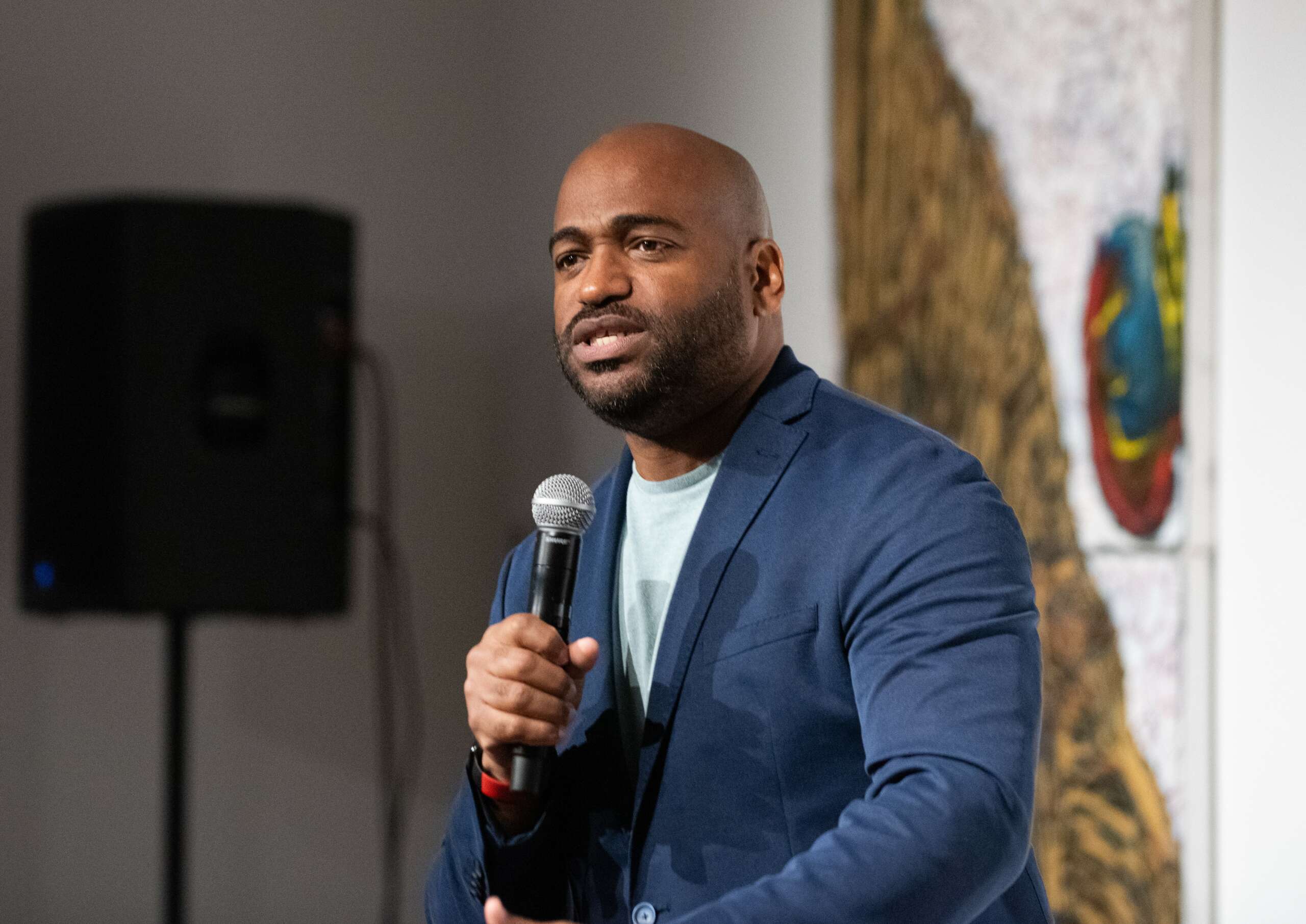
Awesome – so before we get into the rest of our questions, can you briefly introduce yourself to our readers.
I got into poetry by volunteering to write a poem inside a greeting card. My 5th grade class decided to give a birthday card to the English teacher, Mrs. Claverie. When someone suggested we write a poem inside the card, I told them that I could do it. I don’t know why I knew I could do this, because I had never written a poem ever before. (I don’t think.)
She loved it. She told me that I had a gift and I should never stop writing. No one had ever told me that I had a gift for anything. It meant everything to me. And I never stopped writing.
In 2000, I attended a poetry slam. A few weeks later, I decided to compete. Two months after that, I was presenting Baton Rouge as a member of the 2000 Baton Rouge National Poetry Slam Team. I eventually started ranking pretty high at the national and the international competitions, and in 2013 I finally won a title: World Champion. I’m proud of that accomplishment, but I’m most proud of my time spent in the Baton Rouge community of spoken word artists as a poet, as a mentor, and as a friend to so many beautiful souls.
Poetry has led to my work as an educator, a writer of commercials, a voice actor, and film/tv actor. Through poetry I made life-long friends, met my wife, travelled around the country, and around the world. It has also trained me to see issues from different perspectives, to critique my own understanding and beliefs, to think critically, and to advocate passionately.
I can engage, entertain, and enlighten very large audiences with my words, my voice, and my stage presence. There is immense power in that skill set…and, for me, there is immense love as well.
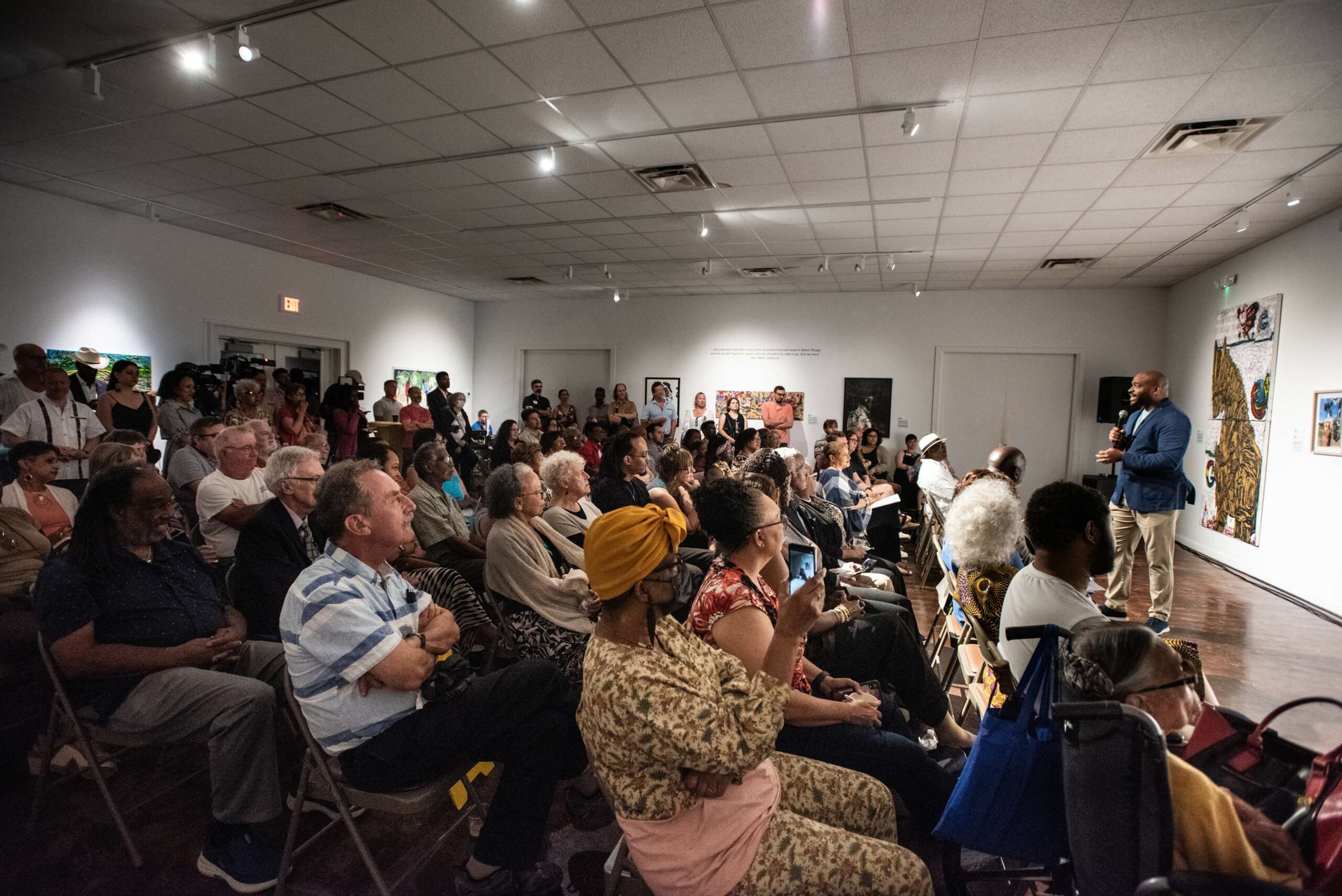
What can society do to ensure an environment that’s helpful to artists and creatives?
I think we can support artists and creatives by refusing to perpetuate the myth that artists are doomed to become impoverished and that art is thereby worthless. We devalue art by labelling it as such.
Art is everything. Every car, street sign, city grid, building exterior and exterior has an element of design to it. Aesthetic choices were made in the creation of all these things. Our original sketches for our clothes, furniture, appliances, and gadgets were all done by the hand of a visual artist; just as every political speech, movie, play, book was written by a literary artist; just as every meal was made, not to simply stave off hunger, but to also please the palate.
Art is an essential part of everything humans construct and consume. We need to give art is due respect. We need to give artists their due respect. When we can all do that, we’ll make sure that they are adequately compensated and supported.
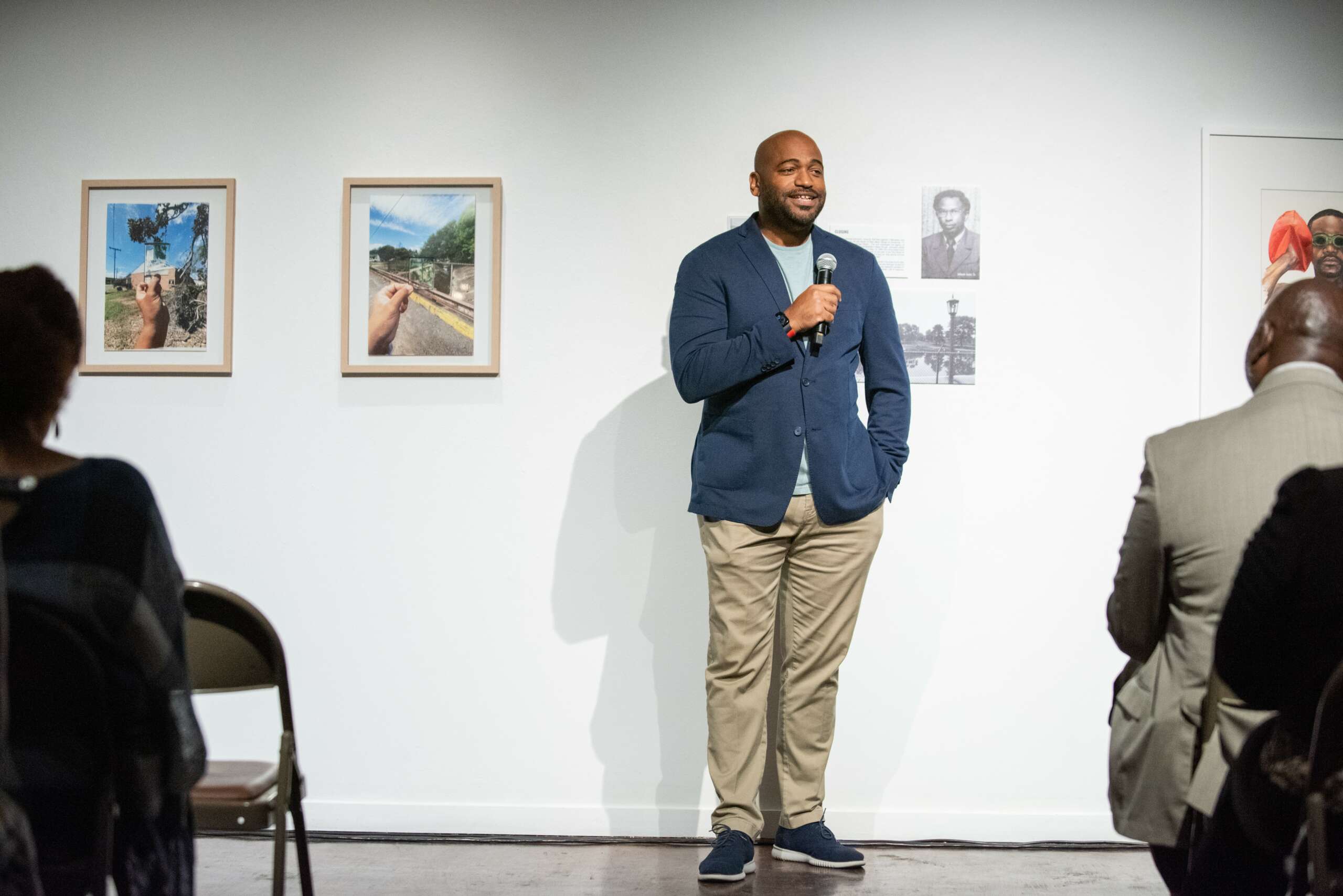
Is there a particular goal or mission driving your creative journey?
Just like everyone else, I’m trying to put food on the table, pay bills, and give my kids a better childhood than I had. But beyond that, it’s all about legacy. I’m thinking about how my kids and grandkids are going to view, share, and interact with the work I leave behind. I need to leave the world in better shape than it was when I got here. I need to leave something behind to justify as much as possible all the support, love, and guidance others have poured into me throughout my lifetime.
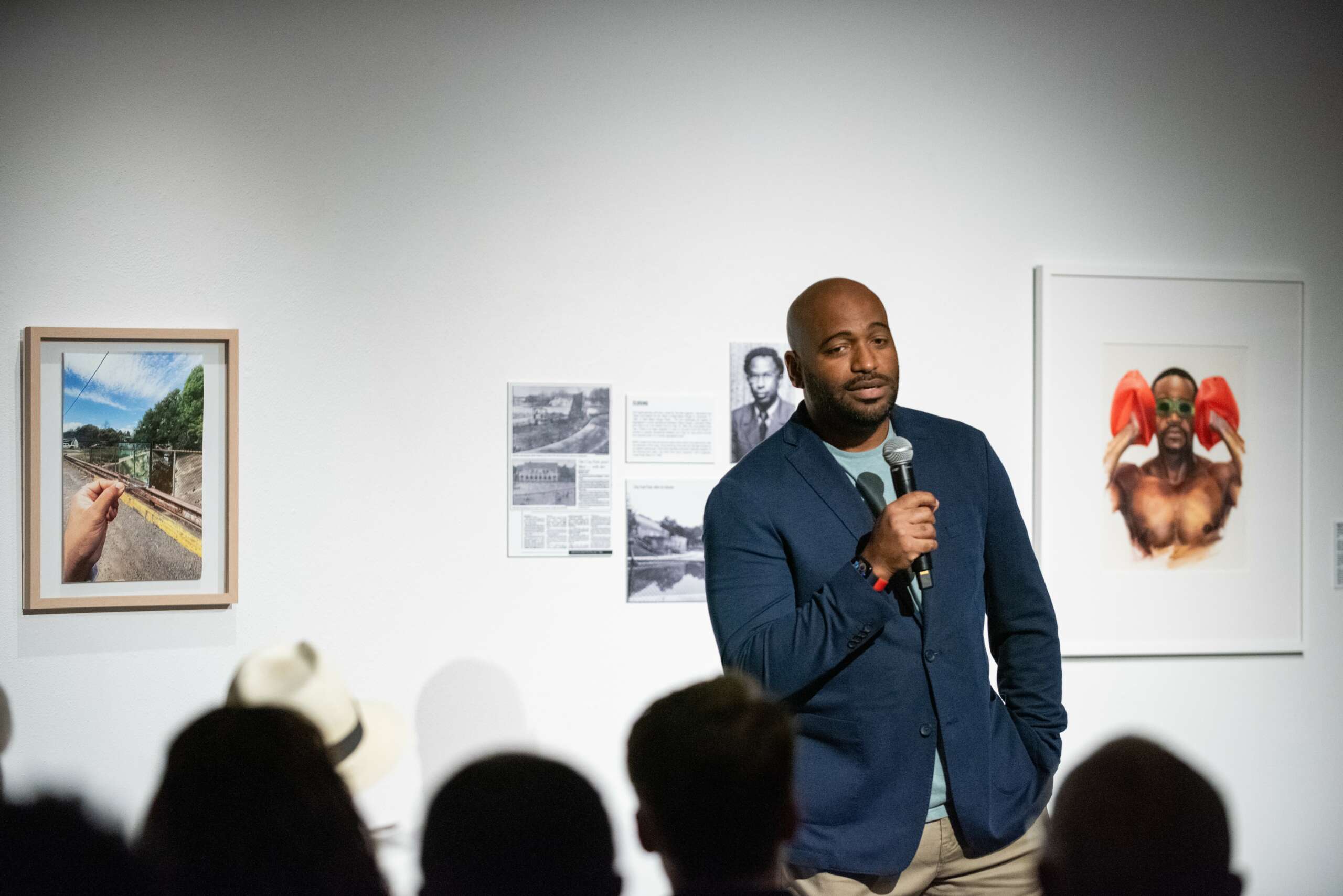
Contact Info:
- Website: chancelierxeroskidmore.com
- Instagram: @xero1208
- Facebook: Chancelier Xero Skidmore
- Linkedin: Chanceleir “xero” Skidmore
- Youtube: http://www.youtube.com/@chancelierxeroskidmore1516


